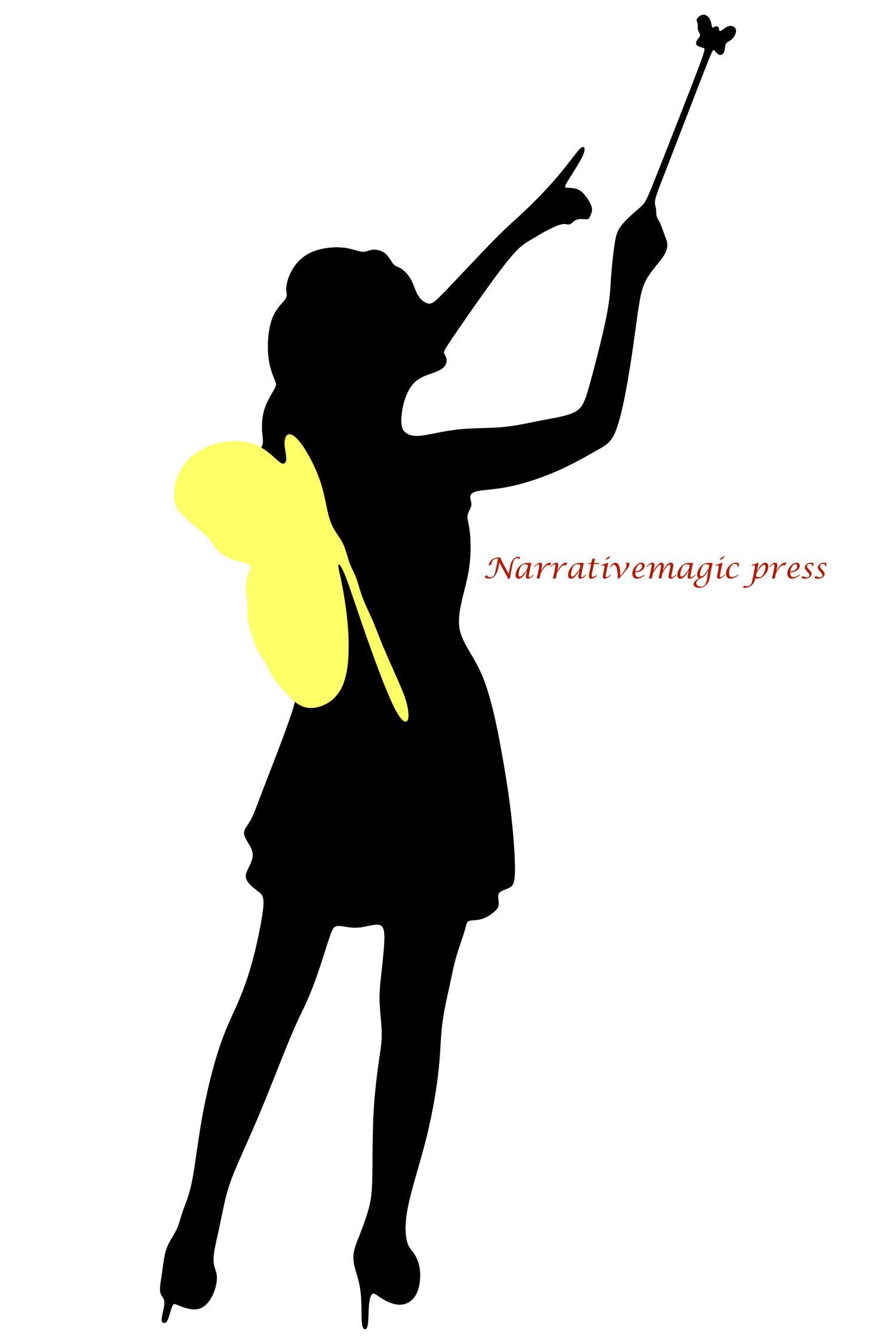Night Hawk by Beverly Jenkins
/Night Hawk by Beverly Jenkins
Lead characters Maggie and Ian, aka Preacher or Bigelow, represent an increasing number of romances that feature mixed race characters. This is a refreshing departure from the polarized version of American society that is often represented in American narratives. Instead, these characters demonstrate what has happened in the United States. It’s a brave and fearlessly true story of how we have blended with other groups. Maggie is part Kaw (Native American) and part African American. Ian is Scotts and of African descent. The story tells of their coincidental meeting as Maggie is arrested for a killing in self defense, and Ian, a deputized Marshall is charged with taking her to the next town to protect her from a crooked vigilante. The father of the man who she has accidentally killed wants revenge and will not stop until he sees Maggie dead. This leads to a set of circumstances where the Marshall must protect her from other people who are Maggie’s enemies since she has found herself in a series of vulnerable work related circumstances that compromise her safety. She, like Ian, has been harassed and treated badly partly because of her mixed race identity where bigotry reigns in the late 1800s west. Ian likewise has been abused in Scotland by children who are unable to tolerate his mixed race heritage. The story is one of finding refuge in a chaotic time. Ian owns a ranch in Montana where the couple ultimately settle, only to find challenges to their happiness there as well. The book is realistically developed with a bevy of other characters who represent Asian and First Nations people who rarely get roles in fiction and non fiction about the development of American life.
Dale Marie Taylor, Ph.D. literary studies
Youtube Video Link:
https://youtu.be/V2lZkqM84yE
Check out my novels: A Home for Easter, Hester’s Journey and Carrie’s Song.
